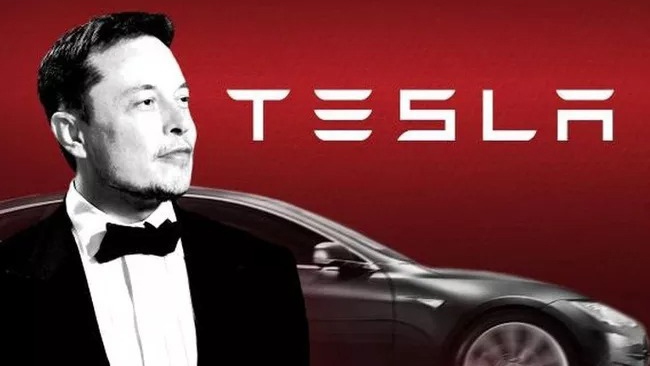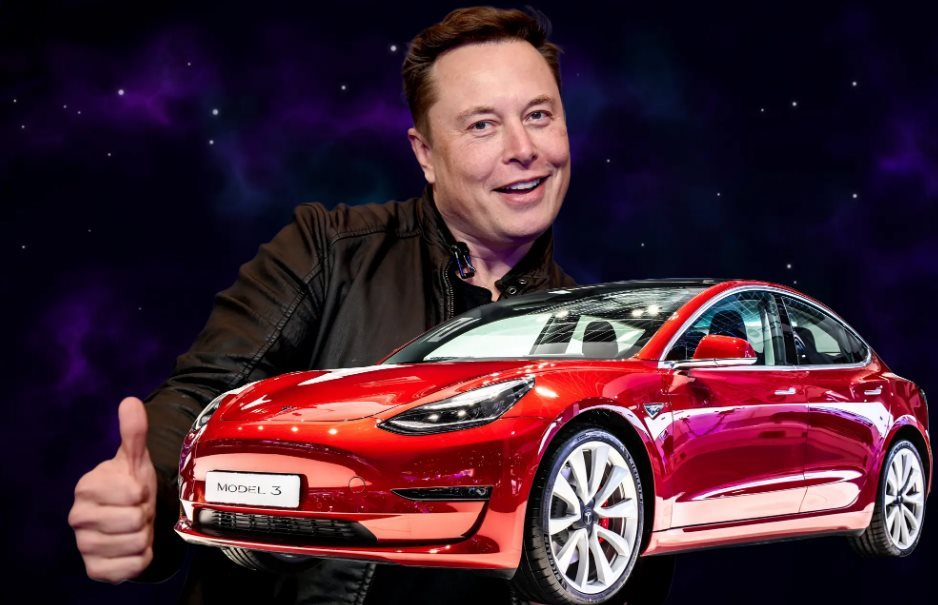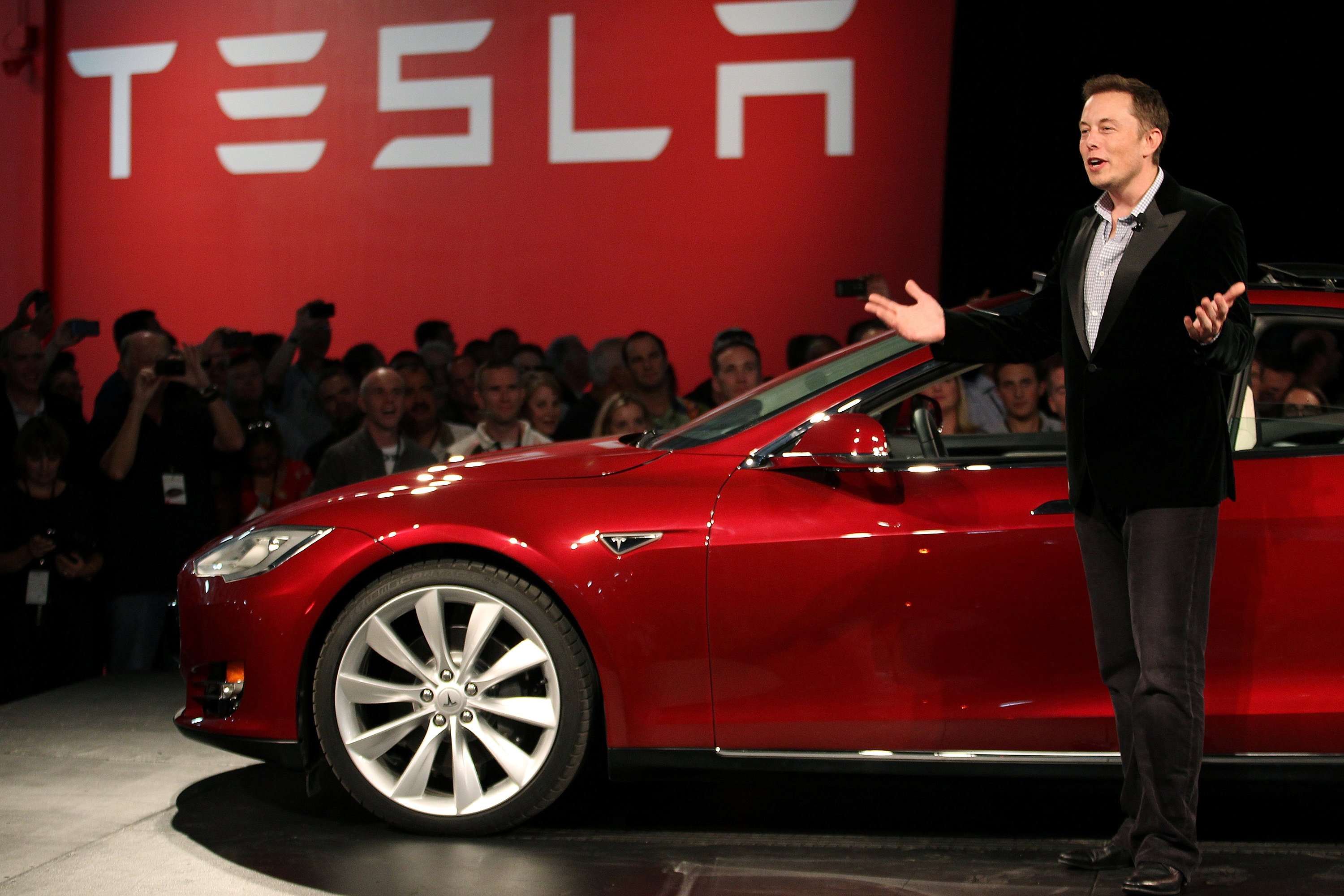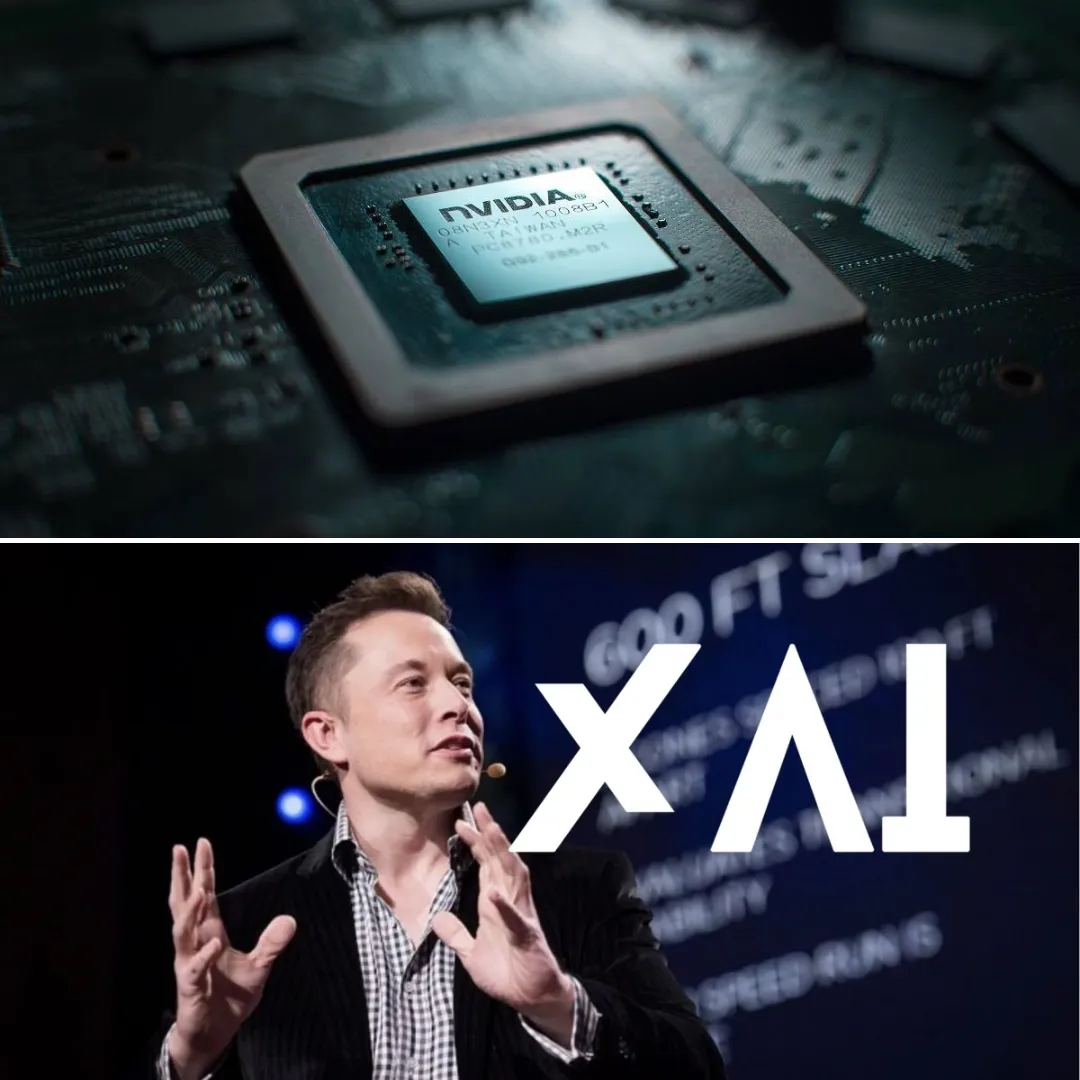Elon Musk’s leadership at Tesla has been a subject of increasing scrutiny as the company faces multiple challenges, including declining sales, boycotts, and a decreasing stock price. Major investors have started questioning Musk's ability to lead the electric vehicle giant effectively, given his increasing involvement in political activities through his role in the Trump administration.
As CEO of Tesla since 2008, Musk has been at the helm of a company that has revolutionized the auto industry, but his time is now divided between his corporate responsibilities and his role in the Department of Government Efficiency (DOGE), a task force aimed at eliminating waste, fraud, and abuse in the federal government.
While Musk’s political activities have sparked heated debates, the growing calls for him to step down as Tesla’s CEO have gained significant momentum. Some investors argue that Musk’s divided focus is putting Tesla’s future in jeopardy. His political activities and his recent role in the Trump administration have raised concerns about Tesla’s image, especially when it comes to alienating potential customers.
Musk’s far-right political stance and the controversial actions of DOGE, which have included slashing government programs and laying off federal workers, have made headlines. These actions seem to be turning off a significant portion of Tesla’s core customer base, particularly in liberal areas where environmental sustainability and progressive policies are important.
Ross Gerber, a longtime investor in Tesla, has been vocal about his concerns. Gerber, who manages Gerber Kawasaki Wealth & Investment Management and holds around 262,000 shares in Tesla, recently called for Musk to step down from the CEO role at Tesla and focus on his work with DOGE.
“He’s been committed to his job in the government, that’s where he’s spending his time. He is not running Tesla, and that’s why I’m going to say it: Tesla needs a new CEO,” Gerber said. His sentiments are echoed by other investors who have seen the company falter under Musk’s leadership while his attention is diverted elsewhere.

Musk’s political involvement, particularly his outspoken support for far-right ideologies and his association with Trump’s administration, has made him a polarizing figure. While some investors believe Musk’s role in DOGE could be beneficial in terms of reducing government waste and improving efficiency, others believe that his actions are damaging Tesla’s brand image.
A survey conducted by Electrifying.com revealed that 59 percent of potential car buyers in the UK were discouraged from purchasing a Tesla because of Musk’s actions. Musk’s political affiliations seem to be alienating the very market Tesla has worked hard to cultivate.
In a country like the U.S., where Tesla has significant market share, a substantial portion of customers appear to be shifting away from the brand due to Musk’s involvement in controversial political movements.
Furthermore, a poll conducted in the U.S. found that 53 percent of adults held unfavorable views of Musk, compared to just 35 percent who viewed him positively. This discontent may extend to other countries as well, further damaging Tesla’s global sales. However, some argue that Musk’s political initiatives, particularly his cost-cutting measures within DOGE, could attract a new set of customers who align with his political views, such as “center-right” buyers who support his push for smaller government.
Eric Schiffer, the chairman of The Patriarch Organization, suggested that Musk’s political influence could offset the losses from liberal customers, with a more conservative audience embracing Tesla under Musk’s leadership.
Despite these arguments, the growing dissatisfaction among Tesla investors and the general public regarding Musk’s political involvement is a clear signal that a change in leadership may be necessary. The demands for Musk to step down are gaining traction, especially as Tesla’s stock continues to face downward pressure, having dropped significantly since its highs in mid-December.
The company is also dealing with weak sales across several key markets, protests at Tesla showrooms, and increasingly tough competition in the electric vehicle market. Marketing experts and business analysts suggest that the best course of action for Musk is to either focus solely on DOGE and let a new leader take charge at Tesla or step back from both roles entirely.

Elon Musk has acknowledged the difficulties of balancing his political role and his responsibilities at Tesla, admitting that managing both jobs is a monumental task. He has said that DOGE employees are working “120-hour” weeks, and he too is struggling to balance his time between the White House and Tesla.
However, these challenges are affecting Tesla’s performance and Musk’s ability to lead effectively. His focus on DOGE, coupled with his political controversies, risks overshadowing Tesla’s growth potential.
The company has suffered from public perception issues, and analysts believe that removing Musk as CEO might be the only way to restore Tesla’s reputation. Warwick Business School marketing professor Hugh Wilson argues that Musk’s association with the Trump administration’s anti-green policies could further alienate Tesla’s core customer base, particularly affluent liberals who prioritize sustainability and environmental issues.
“Traditional brand advice would be that Musk should either stop the politics or give up his CEO role,” Wilson said. “Many analysts are arguing anyway that Musk is just too thinly spread to continue as Tesla's CEO.”
While Musk’s personal influence over the company cannot be overlooked, experts also note that appointing a new CEO for Tesla could help steer the company back on track. This would allow Musk to focus on his other ambitions, including his involvement with DOGE and his vision for Mars colonization, which continues to shape his political and business decisions.
The process of removing a CEO typically requires a decision by the board of directors. In Tesla’s case, however, it is complicated by the fact that Musk owns about 12.8 percent of the company’s shares, which gives him significant control over decisions.
Major shareholders, like investment firms Vanguard and BlackRock, could potentially apply enough pressure to force a leadership change, but that would depend on Musk’s willingness to relinquish his grip on the company.

For Tesla to thrive in the long term, it may need to focus more on its core mission—revolutionizing the electric vehicle market—while leaving political involvement to others. As Tesla navigates these challenges, it’s clear that fresh leadership could offer the company a chance to focus on innovation and regain its position as the leader in the EV market.

-1747103001-q80.webp)
-1747367569-q80.webp)
-1748057900-q80.webp)
